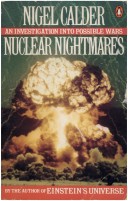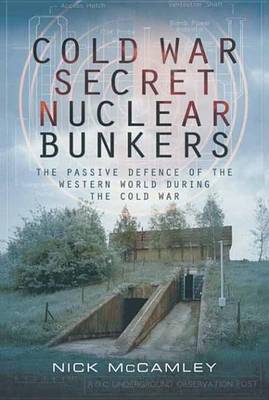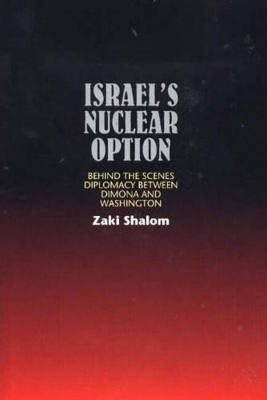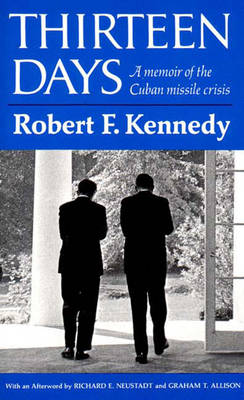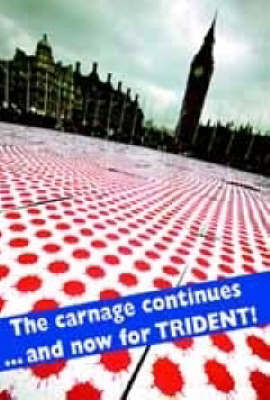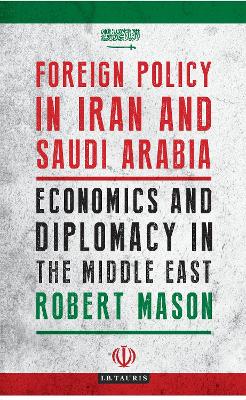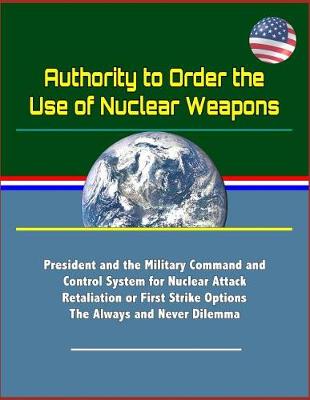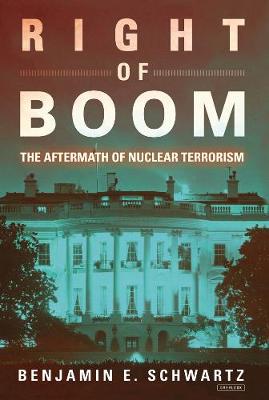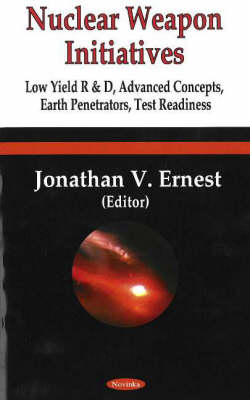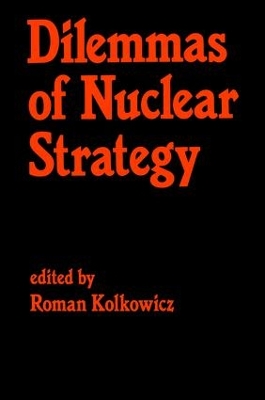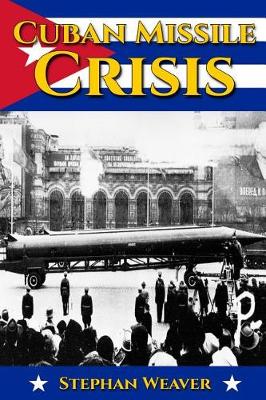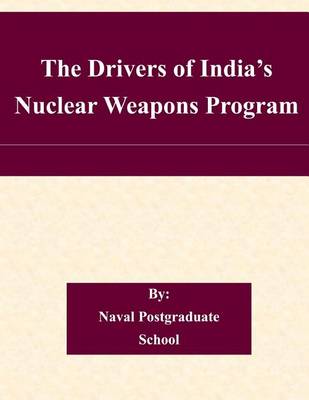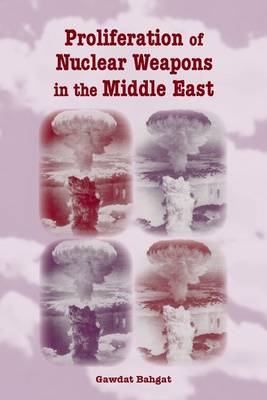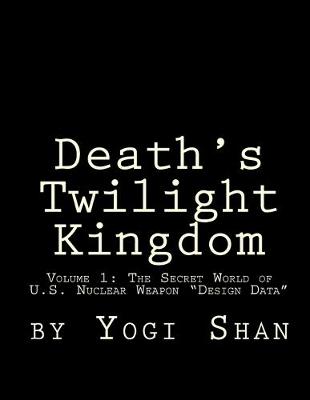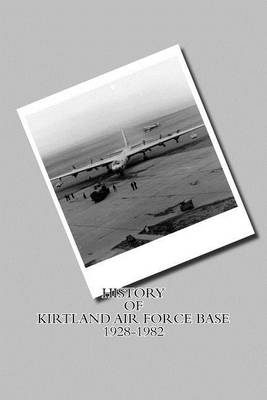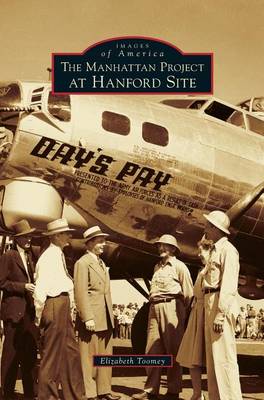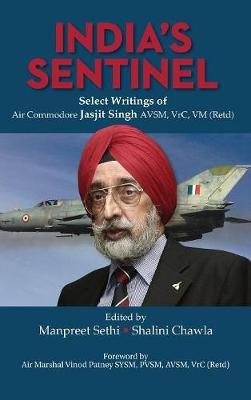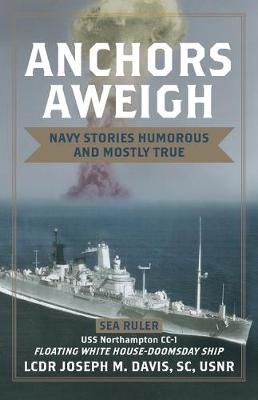The threat of nuclear attack changed the face of warfare and the early 1950s witnessed a massive and hugely expensive, building programme. Even today, the vast majority of people are unaware of the scale and location of these sites. Nick McCamley uncovers the facts which describe the vast umbrella of radar stations. Interesting and shocking comparisons are made about the provision (or lack of it) for the survival of the general population between the USA, UK and other countries.
Nearly half a million preemies are born in the US every year. But like most people, Jeff Stimpson, the father who wrote Alex, never gave premature babies a thought beyond the cliche of medical miracles. Many of these children grow up with special needs, necessitating an increasing and ever-controversial burden on society. Medicine is creating not only a new population of individuals, but a special and growing population of parents and families. Alex was born in June of 1998. He weighed 21 ounces...
In the early 1950s, Israel secretly launched a project designed to achieve a nuclear option. Initially supported by France, this daring project stood to engineer a dramatic change in Israel's strategic position vis-a-vis its neighboring Arab states and the wider international community. A nuclear program was driven by the firm conviction of David Ben-Gurion that Israel's existence could be guaranteed only with the aid of such a deterrent. The ensuing nuclear defense strategy was upheld by succes...
The Carnage Continues - And Now for Trident! (The Spokesman, #92)
by Ken Coates, Noam Chomsky, and Harold Pinter
Foreign Policy in Iran and Saudi Arabia (Library of Modern Middle East Studies)
by Robert Mason
Saudi Arabia, with its US alliance and abundance of oil dollars, has a very different economic story to that of Iran, which despite enormous natural gas reserves, has been hit hard by economic, trade, scientific and military sanctions since its 1979 revolution. Robert Mason looks at the effect that economic considerations (such as oil, gas, sanctions, trade and investment) have had on foreign policy decision-making processes and diplomatic activities. By examining the foreign policies of Saudi A...
A nuclear weapon explodes in a major American city and no one can prove who is responsible. The devastation is horrifying, but even more alarming is the limited options available for the United States government to respond. Hypothesising an explosion in downtown Washington, D.C., Schwartz explores the likely outcomes while going deep into history to explore the range of options available to a Commander in Chief. Drawing from his experience as an analyst at the US Departments of Defense, State an...
Nuclear Weapon Initiatives
The Bush Administration completed its Congressionally-mandated Nuclear Posture Review in December 2001. The review led to major changes in US nuclear policy. It found that the Cold War relationship with Russia was 'very inappropriate' and that this nation must be able to deal with new threats. It planned to retain Cold War-era nuclear weapons, which would suffice for many contingencies, though at reduced numbers. To complement these weapons so as to improve US ability to deal with new, more disp...
This volume reflects the research and discussions for the Bellagio Conference, with a spcial emphasis on the distinct perspective introduced by the Europeans on the issues of superpower strategic relations in general and on MAD and SDI in particular. Their views are shaped by concerns on how these broader issues might affect their own national security interests.
Pakistan and the Bomb (Notre Dame Studies on International Peace)
Through the lens of a comprehensive survey of Pakistani public attitudes toward nuclear weapons policy, this volume provides an in-depth view of the nuclear choices facing Pakistan. Based on the most thorough survey of Pakistani public opinion on nuclear policy ever conducted, Pakistan and the Bomb examines the factors that brought a de facto nuclear arms competition to South Asia. Pakistan and the Bomb democratizes the debate over nuclear weapons in South Asia by highlighting a new generation o...
The Drivers of India's Nuclear Weapons Program
by Naval Postgraduate School
Why do some countries seek to acquire nuclear weapons? How can they be convinced to give up these aspirations? These are the underlying questions in Gawdat Bahgat's intriguing new study of nuclear proliferation in six key Middle East countries: Egypt, Iran, Iraq, Israel, Libya, and Saudi Arabia. Bahgat looks at the economic and political forces that shape this threat to world peace and at the prospects - "largely unrealistic," he says - of establishing a nuclear weapons free zone in the region i...
